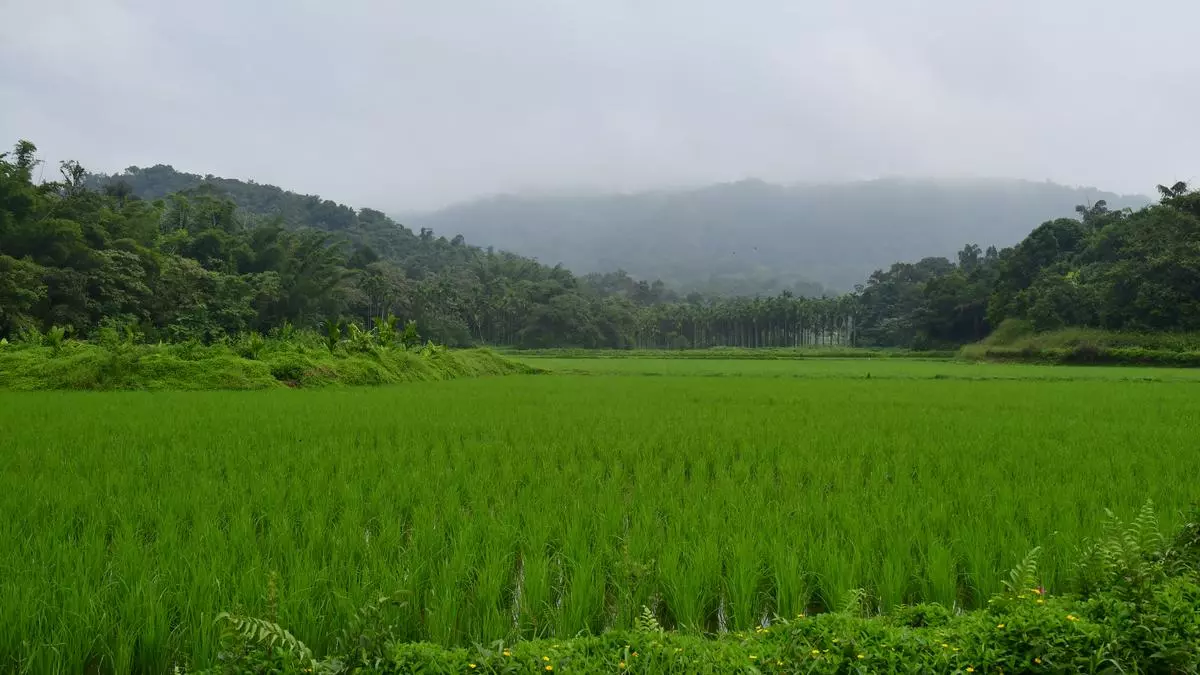Sustainable agriculture and zero waste: A holistic approach
Holistic living encompasses a harmonious balance between mind, body, and spirit. A key aspect of achieving this balance is through sustainable agriculture practices. By nurturing the soil, the foundation of all life, we ensure healthy plantations, which in turn support human health. Consuming produce from healthy soil leads to a robust body, clear mind, and vibrant spirit. Holistic living is essentially about creating a closed-loop system that promotes overall well-being and sustainability, highlighting the interconnectedness of our environment and our health.
When we talk about sustainable agriculture, we refer to farming practices that meet current food needs without compromising the ability of future generations to meet their own, and managed farmlands are an excellent way to achieve this goal. At the heart of this approach is the integration of permaculture ethics: Earth Care, People Care, and Fair Share. These principles guide us in implementing sustainable practices that nurture the environment, support communities, and promote equitable resource distribution.
Sustainable practices at the core
Agroforestry: Managed farmlands engage in agroforestry, planting several trees in succession to enhance biodiversity, improve soil health, and boost water retention. This method creates a more resilient ecosystem by combining agriculture and forestry, leading to greater productivity and sustainability.
Organic concoctions: Utilising organic manures derived from plants and animals, such as cow dung and cow urine, enriches the soil naturally. We also use biomass trees as mulch, which maintains soil moisture and fosters a thriving microbial community. These organic inputs eliminate the need for synthetic fertilizers and pesticides, promoting a healthier agricultural environment.
Water management structures: Efficient water management is critical for sustainable farming. Managed farmlands implement various structures to conserve and manage water, ensuring that crops receive adequate hydration without depleting local water resources. Techniques such as rainwater harvesting, drip irrigation, and swales are integral to water management strategy, reducing waste and improving water use efficiency.
No-till farming: Adopting no-till farming practices helps preserve soil structure, reduce erosion, and enhance carbon sequestration. By minimizing soil disturbance, we maintain the natural composition and fertility of the soil, leading to better yields and environmental benefits.
Biodiversity enhancement: Promoting biodiversity on managed farmlands is key to sustainable agriculture. Diverse plant species and integrated pest management practices support a balanced ecosystem, reducing the need for chemical interventions and fostering natural pest control. This approach not only enhances soil health but also creates a more resilient farming system capable of withstanding environmental stresses.
The 5R rule of zero waste
The concept of Zero Waste centres around the 5Rs: Refuse, reduce, reuse, repurpose and recycle, which, when applied to agriculture, foster a sustainable and efficient farming system that minimizes waste and promotes environmental health.
Refuse: Avoid synthetic fertilizers and pesticides, opting for organic alternatives from plants and animals to protect soil and water.
Reduce: Minimize resource consumption and waste generation; maintaining biodiversity helps keep soil fertile and reduces chemical use.
Reuse: Repurpose organic waste, such as crop residues and manure, as compost or mulch, enriching soil nutrients and boosting productivity.
Repurpose: Repurpose plastic containers into reusable materials such as for growing young plants in nursery.
Recycle: Compost organic materials to create nutrient-rich soil, enhancing soil structure, water retention, and microbial activity, leading to sustainable farming, and practice water recycling through rainwater harvesting.
Harmonising sustainable agriculture with zero waste principles
Integrating sustainable agricultural practices with the 5R concept of zero waste in managed farmlands fosters a harmonious coexistence between environmental and human well-being. By reducing chemical use and minimizing waste, we significantly cut pollution and enhance carbon sequestration, combating climate change. These practices also ensure the production of nutritious, locally grown food, promoting a healthy mind, body, and spirit. This holistic approach not only supports ecological balance but also nourishes communities, leading to a more sustainable and healthy future for all.
(The author is Co-Founder & MD, Hosachiguru)
